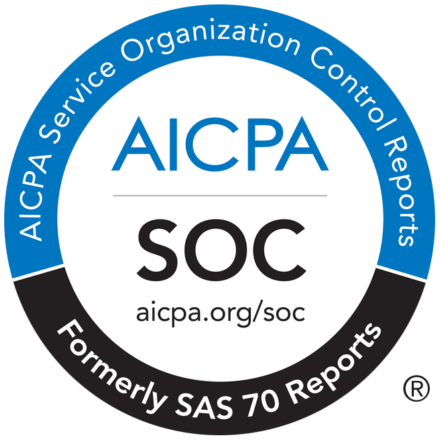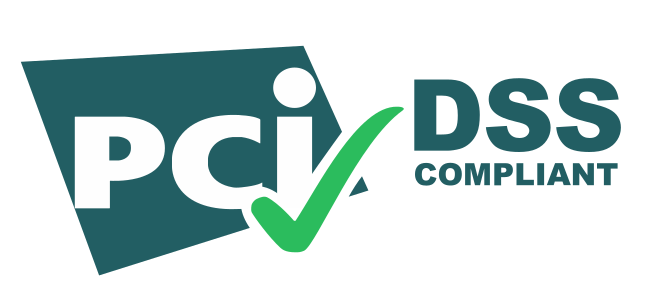When growing up, we are taught to avoid plagiarism. On the one hand, we are taught to come up with ideas and words. And on the other hand, we are taught that when we reference the idea of another, we credit the source.
And this instruction never ends throughout life. We hear it in higher education and eventually in our respective jobs. And yet, like any habitual behavior, we forget just exactly why plagiarism is an ethical issue in the first place. Additionally, we fail to think plagiarism happens as often as it does.
Passing off someone else’s ideas as your own is done for various reasons. But none of them are acceptable. And when we lose sight of why this is unethical, we lower our standards to what precisely it means to plagiarize. Additionally, we ignore who this might be damaging.
Plagiarism Ethics
Every piece of work has an original author, and not giving this person credit is the same as literary theft. It is stealing an idea and passing it off as your own. This is done in various ways, and not all forms of plagiarism are the same. But they are all unethical.
But what does ethical mean? And why is plagiarism unethical?
Ethics are a set of principles that govern behavior. Therefore, unethical behavior goes against the grain of the founding principles of a particular organization or institution. The academic world has its own set of ethics, and plagiarism is pushback against academic integrity.
And plagiarism can do much damage. This is because, at the heart of the issue, plagiarism is theft. And as mentioned, not all types of plagiarism are the same, nor are the intentions behind them. But whether the act is committed by a student, a journalist, or a lecturer, it is still theft.
And typically, plagiarism results in the thief receiving benefits or success from this stealing. The student likely passes the test, for instance. Or the journalist starts trending. The lecturer has convinced an audience of their “new idea.”
In this way, plagiarism is not only stealing the words but also the acclaim of the original author.
And in addition to the act of theft, plagiarism is a violation of ethics because it is deliberate. There are protocols already in place for citing sources and identifying one source from another. To ignore these requirements is to steal someone else’s work and take whatever credit might come your way.
Find out what's in your copy.
Get started with Copyleaks for free today!
Intellectual Property
Some argue that some forms of plagiarism are acceptable because specific ideas or words cannot be owned. This is not the case. Intellectual property means that ideas and words can be protected under copyright law. To violate this law is to violate someone’s intellectual property.
Intellectual property can be published by an author or stated in a lecture hall to an audience. Ideas or products, or words can all be intellectual property. And to be in violation of plagiarism ethics on this level can mean significant consequences.
It doesn’t get much more cut and dry than that. And while it goes without saying, there is a difference between unethical and illegal.
The student cheating on homework doesn’t deal with the same ramifications as an author stealing words from another novel. For one thing, the student is likely not breaking intellectual property laws. Even so, plagiarism is an ethical issue on all levels.
Citing Sources
If an idea is worth sharing, it is worth sharing the original author’s name as well. To eliminate the problem, there are ways to cite sources. And yet there are still people who do not adhere to these requirements.
Depending on your situation, this behavior can also reflect poorly on you. For example, when a student cheats, the university might endure some embarrassment, but primarily the blame falls on the student.
However, if a marketing company relies on a series of freelancers to generate content for their clients. If there are instances of plagiarism in this context, that will reflect poorly on the marketing company more than on the freelancers.
But sources require citing for additional reasons as well. For example, a primary source has its purpose and context surrounding it. To take that information and mix it with other sources or information can sway the original intent of that source.
And if this primary source is not cited, then the context is not applied. This can be dangerous and even misleading. Sometimes this misleading is done by accident, and sometimes it is intentional, but failing to cite the source creates a problem.
This is typically done with news-related items or statistics meant to sway an audience one way or another. Crediting the original source is simply a way for the information to be checked and verified, maintaining context when necessary.
Plagiarism Checkers
Plagiarism is not ethical, but sadly, it happens often. As noted, sometimes it might feel less severe than others, but plagiarism is always a violation of ethics. And therefore, it needs to be defended against where possible.
Thanks to our technologies, it is more feasible to detect plagiarism than you realize. Our exclusive Plagiarism Checker is an AI-powered text analysis tool that identifies potential plagiarism and paraphrasing across nearly every language.
Don’t put up with plagiarism. Detect plagiarism in seconds with Copyleaks.

